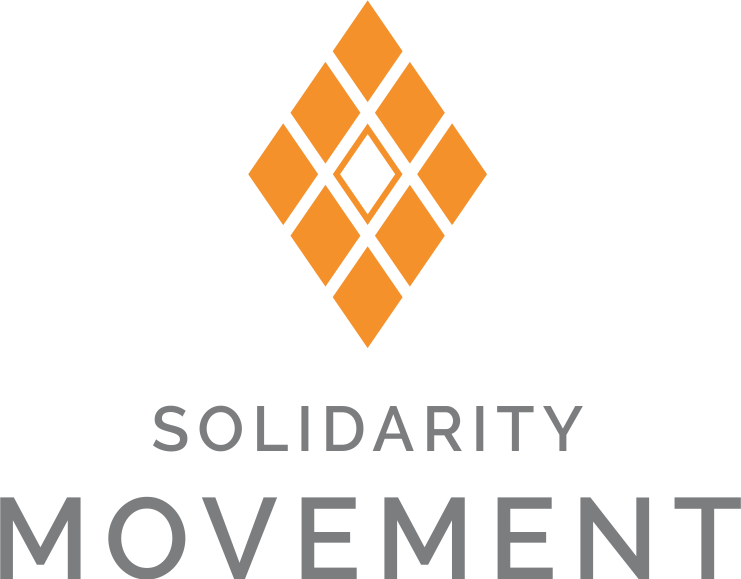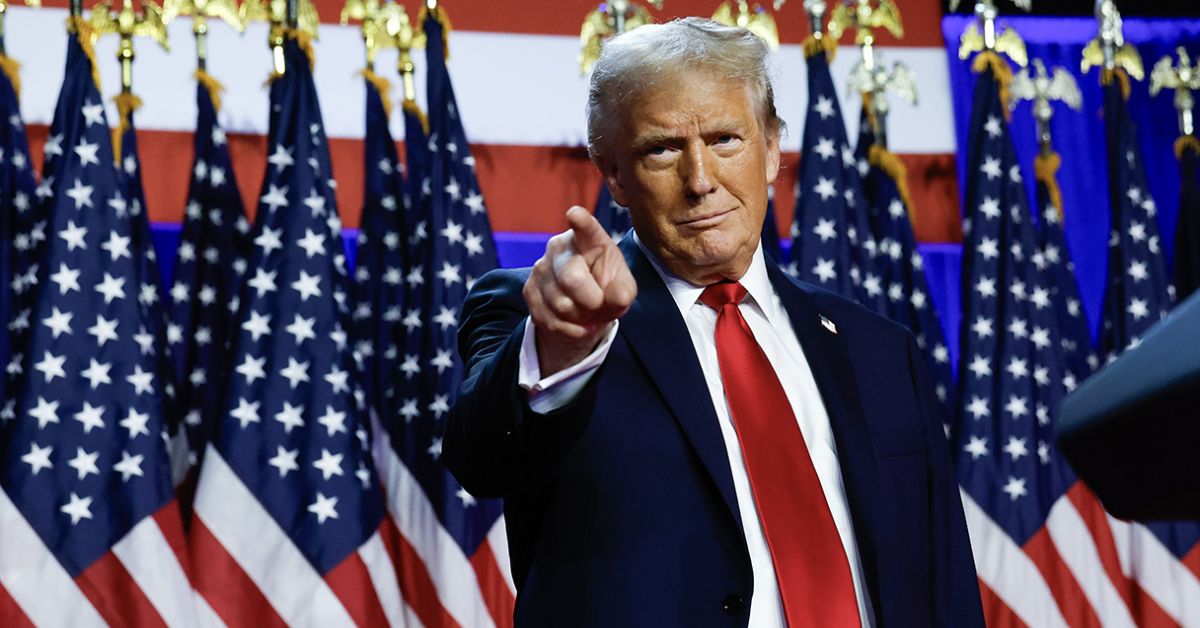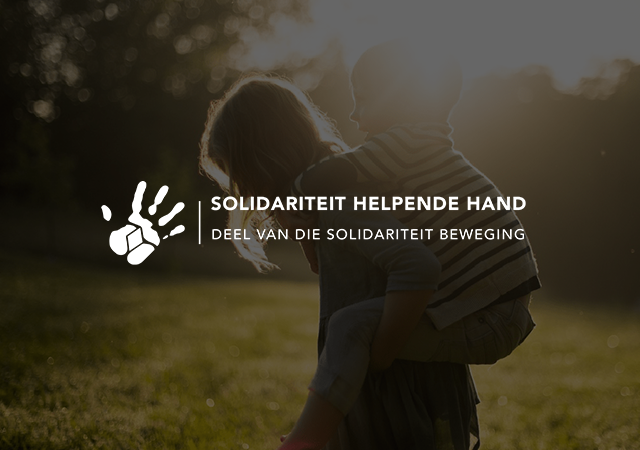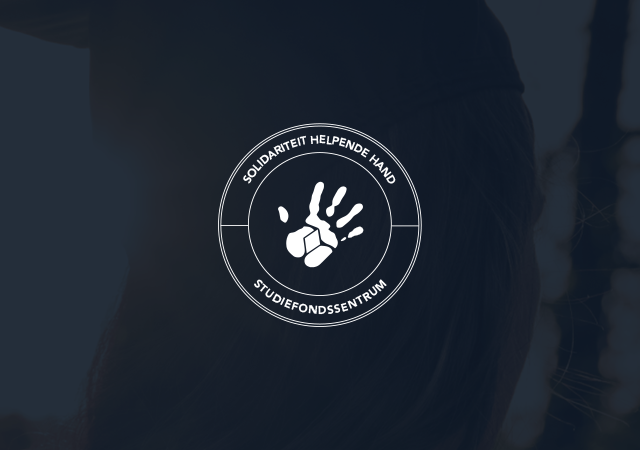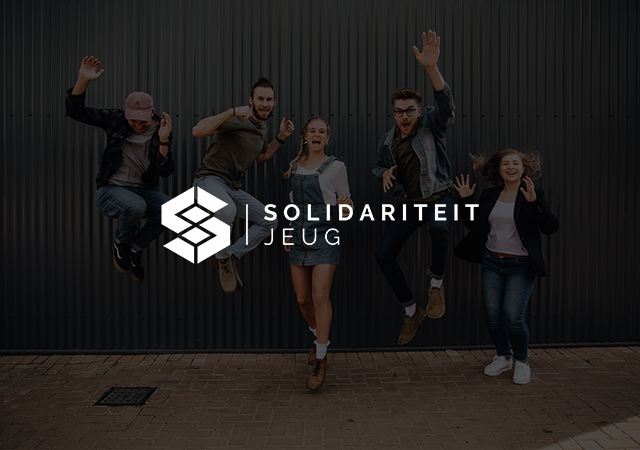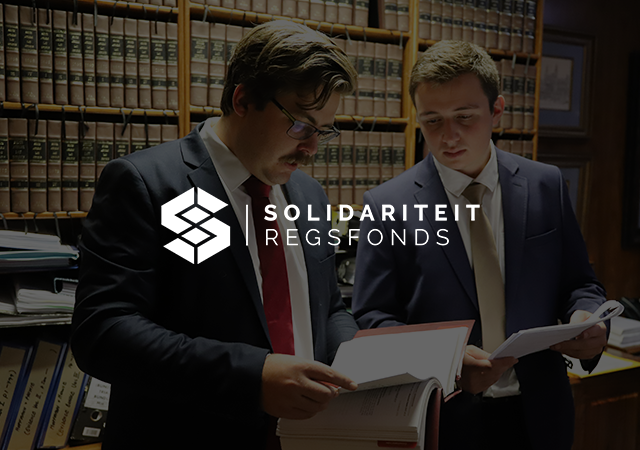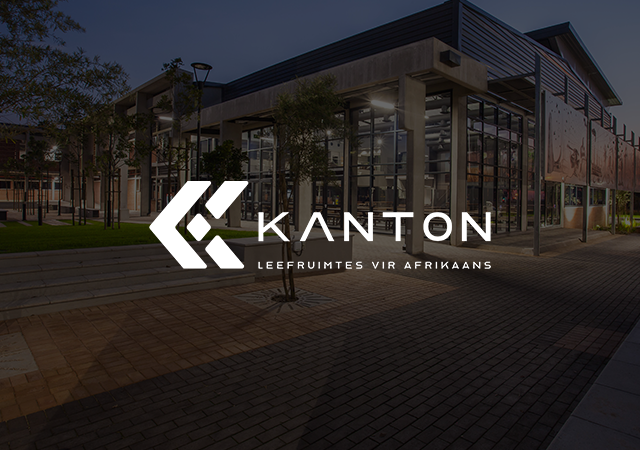The Solidarity Movement announced that it would engage in talks with the US government about Pres. Trump’s statements made in the US media on Sunday evening about South Africa. At the same time, the Movement will engage with the South African government and will continue to exercise pressure locally to address policies that are harmful to the country.
On Sunday evening Trump announced that funding to projects in South Africa would be stopped immediately. Last year, the US government funded projects in South Africa worth more than 400 million dollars, especially to combat HIV/AIDS. South African universities also received funding from the US government. Clearly, Trump is aware of Pres. Ramaphosa’s signing of the Expropriation Act and this, combined with the South African government’s continued international legal battle against Israel, were probably the catalysts leading to Trump’s interventions. Advisors in the White House are also currently encouraging Trump to take a stand on minority rights in South Africa. This comes in the wake of, among other things, reports on the extent of racial discrimination against minorities in South Africa, the extent of farm attacks and murders over the past three decades and the signing of the BELA Act. Trump has been fully briefed on this by his Africa advisors over the past few days.
The Solidarity Movement is one of the largest civil movements in South Africa and represents around two million South Africans and a network of civil society institutions, including Solidarity and AfriForum. During the past few years, the Movement has been in contact with various US politicians to ensure that South Africa’s relations with USA do not run aground.
“The Solidarity Movement will ask the Trump Administration to exercise pressure on the ANC’s policies, but not to punish ordinary South Africans through measures causing greater unemployment or harming the vulnerable. “We do not like the ANC, but we love the country,” Flip Buys, chairperson of the Solidarity Movement, said. At the same time more foreign pressure on the ANC is essential because the constitutional settlement is currently being violated, and the ANC continues to govern on its own while a government of national unity (GNU) is indeed in power.The US has a major responsibility to ensure that constitutional promises such as property rights, mother tongue schools and universities and the abolition of racial discrimination are fulfilled because those promises were instrumental in the constitutional settlement of the 1990’s.
The Solidarity Movement plans a series of diplomatic actions that will include discussions with local diplomats and visits to Washington. The Solidarity Movement will soon release more information about the planned campaign.
“We will have discussions on issues such as expropriation, education, healthcare, race laws and AGOA. The outcome we are looking for is pressure to effect a change of policy, but not financial type of sanctions against the country. Kicking South Africa out of AGOA, for example, will lead to the loss of thousands of jobs. The result will be greater poverty and a breeding ground for more radical policy,” Buys said. Meanwhile, the Solidarity Movement continues to exert pressure locally. According to Buys, institutions such as Solidarity and AfriForum are continuing legal action against the new Expropriation Act, National Health Insurance, BELA and the country’s racial dispensation. “We are also planning to have talks with the ANC on its reckless international policy which could have devastating consequences for ordinary South Africans,” Buys said.
